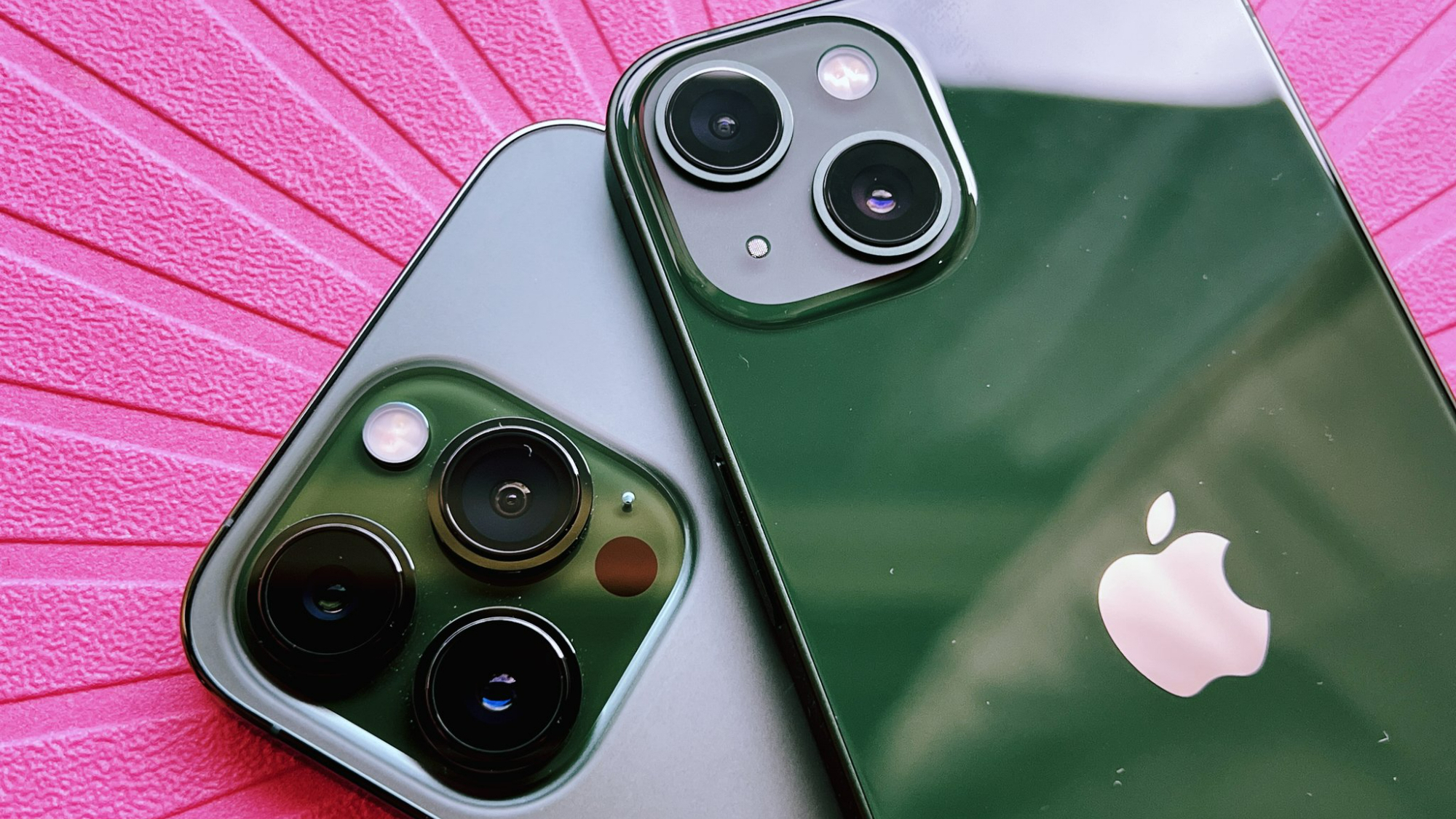Russia's iPhone ban has been extended to iPads and Macs over surveillance concerns
Russians can't use their Apple gear in government jobs anymore.

iMore offers spot-on advice and guidance from our team of experts, with decades of Apple device experience to lean on. Learn more with iMore!
You are now subscribed
Your newsletter sign-up was successful
Following a move earlier this year that saw iPhones banned for use by Russian officials, the country's security service has now warned that people shouldn't use iPads or Macs, either.
Russia’s Federal Security Service (FSB) has extended the ban to government workers who would otherwise use Apple devices during their days, but they've now been told to make alternative arrangements and use other devices.
The move comes amid concerns within the Kremlin that Apple's devices could give U.S.-based intelligence agencies a back door into data owned by Russians, effectively opening a path to wide surveillance the likes of which wouldn't ordinarily be possible. Apple has already denied any kind of back door has been made available to any government, including its own.
Security matters
This latest expansion of its original anti-Apple stance was reported by the Financial Times. The report notes that the "ban on iPhones, iPad tablets and other Apple devices at leading ministries and institutions reflects growing concern in the Kremlin and the Federal Security Service spy agency over a surge in espionage activity by US intelligence agencies against Russian state institutions."
The original iPhone ban kicked in on April 1, with government employees who were involved in the 2024 presidential election among those who were first to be told to ditch Apple's devices. But that was only iPhones, leaving them to continue working on their MacBook Airs and other devices at will.
All of this of course means that we're unlikely to see any of Apple's best iPhones popping up in the Kremlin any time soon.
Tensions between Russia and the United States — and indeed most of the world — continue to be strained over the country's invasion of Ukraine. It isn't clear whether the FSB seriously believes Apple has a back door built into its products or if this is simply theatrics on its part, however.
iMore offers spot-on advice and guidance from our team of experts, with decades of Apple device experience to lean on. Learn more with iMore!

Oliver Haslam has written about Apple and the wider technology business for more than a decade with bylines on How-To Geek, PC Mag, iDownloadBlog, and many more. He has also been published in print for Macworld, including cover stories. At iMore, Oliver is involved in daily news coverage and, not being short of opinions, has been known to 'explain' those thoughts in more detail, too.
Having grown up using PCs and spending far too much money on graphics card and flashy RAM, Oliver switched to the Mac with a G5 iMac and hasn't looked back. Since then he's seen the growth of the smartphone world, backed by iPhone, and new product categories come and go. Current expertise includes iOS, macOS, streaming services, and pretty much anything that has a battery or plugs into a wall. Oliver also covers mobile gaming for iMore, with Apple Arcade a particular focus. He's been gaming since the Atari 2600 days and still struggles to comprehend the fact he can play console quality titles on his pocket computer.
